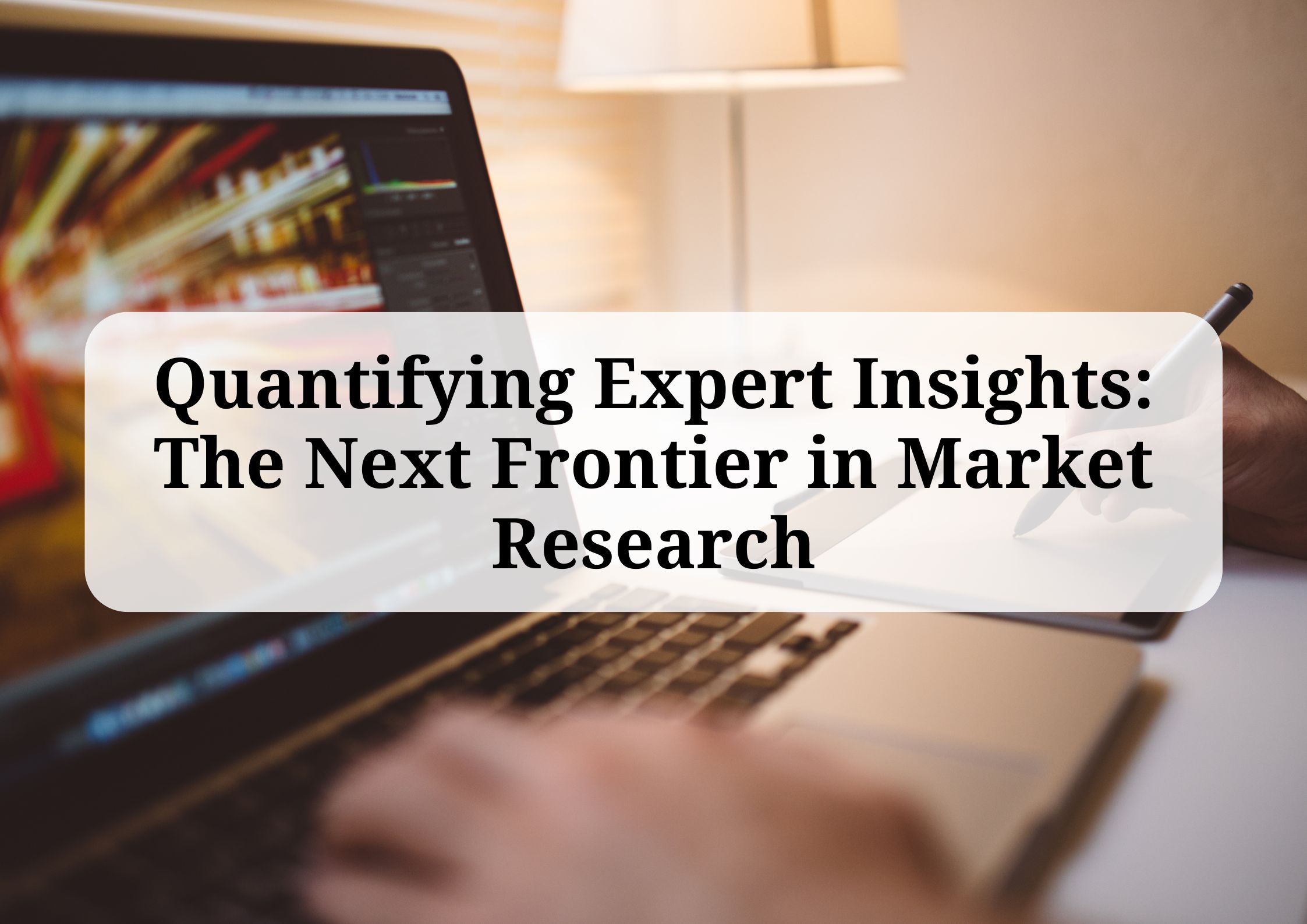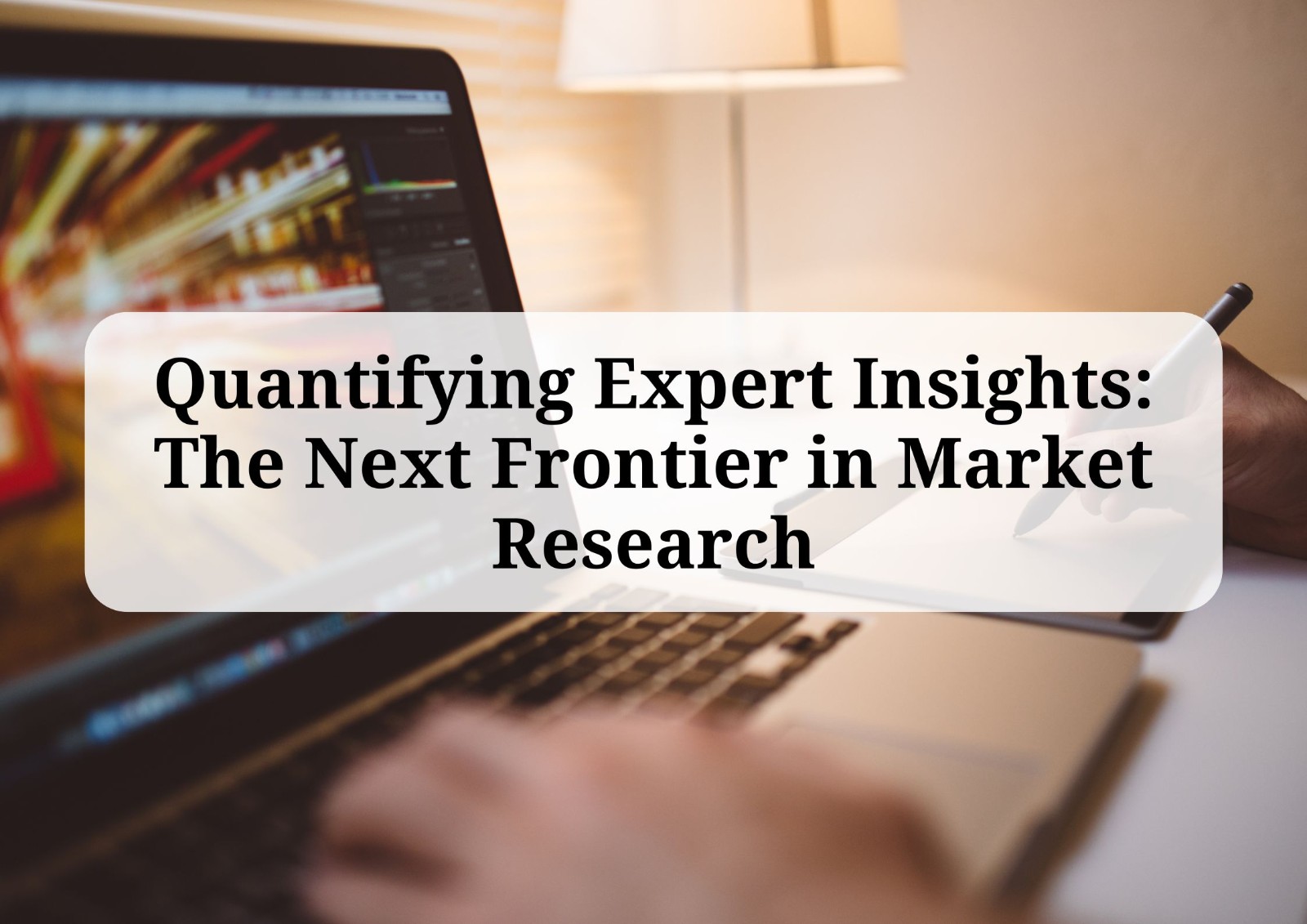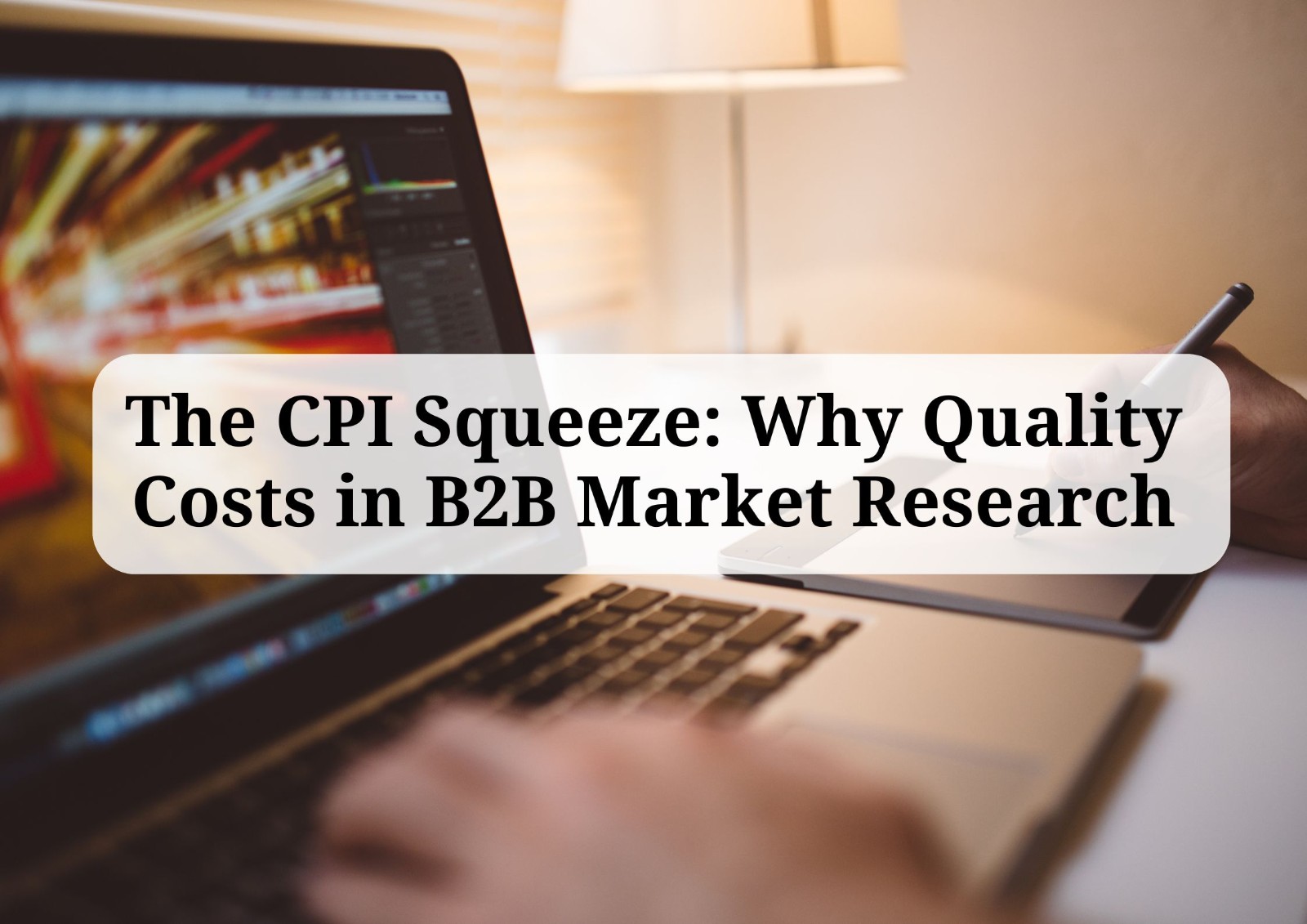
In a world obsessed with data, expert-based research stands at a fascinating crossroads. It’s no longer just about what experts say — it’s about what that insight can prove. The future? It’s about making the qualitative measurable, without losing what makes it powerful in the first place.
Why Expert-Based Research Still Matters
Every industry runs on specialized knowledge — from oncology to urban planning. But expert insights often live in interviews, transcripts, and notes. They shape strategy, yet rarely get quantified in a way that holds up under scrutiny. That’s changing.
Today’s leaders want faster, more scalable ways to turn expert opinion into decision-ready insight. That means moving from gut feel to evidence — without stripping away the expertise itself.
From Anecdote to Evidence
The shift is clear: companies want more than anecdotes. They want patterns.
Take an example from the pharmaceutical space. Instead of relying solely on advisory boards to guide development, researchers are now analyzing expert interviews using natural language processing (NLP). The result? A clear map of recurring themes, emerging concerns, and priority gaps — all tracked and quantified across dozens of interviews.
It’s like turning a conversation into a chart. And it gives research teams the confidence to say: this trend doesn’t just feel important — it’s backed by evidence.
How AI Is Making It Possible
This shift wouldn’t happen without AI.
Tools powered by machine learning now help teams:
• Analyze large volumes of qualitative input from expert panels or open-ended surveys
• Surface key themes using text clustering and entity recognition
• Track sentiment and intensity of opinions across different stakeholder groups
• AI doesn’t replace human judgment. But it does help scale it — especially when dealing with dozens of interviews or international expert panels.
• Instead of reading 80 pages of transcripts, researchers now spot red flags and emerging trends in real-time. That’s not just efficient — it’s transformative.
What You Should Watch Out For
Of course, not everything can or should be quantified.
Expert-based research still depends on nuance — the tone of voice, the context behind an answer, the moment when someone hesitates before speaking. Those details shape meaning. And automation can’t fully capture them.
The goal isn’t to replace qualitative thinking. It’s to support it with structured evidence, so recommendations carry more weight — especially when presenting to stakeholders who live by the numbers.
What This Means for Researchers
For professionals in this space, the takeaway is clear: build comfort with both sides.
• Understand qualitative depth — and respect the value of real conversations.
• Get familiar with analysis tools — from basic text mining to advanced AI platforms.
• Communicate findings clearly — using visualizations that make qualitative insight easy to act on.
• Researchers who can bridge the gap — between expert interviews and executive dashboards — will define the future of this field.
Final Thought
The future of expert-based research lies in making insight visible. Not by dumbing it down, but by structuring it smartly. With AI, researchers now have the tools to quantify what once felt intangible — and to bring expert voices into the boardroom with more clarity, speed, and confidence.
Because in the end, smart decisions still start with human insight. Now, they just come with charts.
Ready to explore your next high quality research project?
Email us at RFQ@youli.tech and let’s talk about how we can help you succeed.


